
by Sabrina Hicks | Apr 23, 2021 | micro
Suburban Flight
In her bedroom, she places her voice in the music box given to her at a young age by a family friend, a groom she had been offered to in marriage, twenty years her senior, who will die in his sleep tonight with a chicken bone wedged in his esophagus. She brushes her hair, unravels the snarls, slips from room to room, from thought to thought, picking up the stored pieces of herself as she opens her mouth, fills it with broth. A pot of meat. A bowl next to her waiting with the splintered bones of an animal she had raised, tended to in the coop out back, stroked its feathers, whispering free me to a bird who could not fly.
Floor Plan
They stroll about the house, gesturing where they’d put the couch, the bed, the kitchen table, the cave where he’ll hide during her ovulation, a catcall turning into a scream, a silence turning into a home that will become a house again for sale: three bedrooms, a nursery, plenty of space to start a family.
Jesus of Suburbia
In his garage, the man works on the excess of Christmas, bending metal into gingerbread shapes and men with long beards and big bellies, adorning them with colored lights. Day and night, he toils and forges, creating a world of make-believe, birthing a village of toy soldiers who will turn on themselves, whispering lies they’ll believe in the retelling, repetition making them dull, dimming their colorful lights until their smiles grow dark and ugly.
Maple and Birch
On the corner of Maple and Birch, the trees speak to one another in the soil as children step on their root sprawl, hang from their branches, snap off small twigs to use as swords until the bus arrives and takes them to school where their words become weapons, whittled into blades, allowed in their invisibility. And the trees exhale as they leave, soften and sigh, cradling the ones who stay behind, hidden in the nest of foliage, palming their bark where others have made scars of their names, a ring of sharpened rocks around them pointing up, up, up.
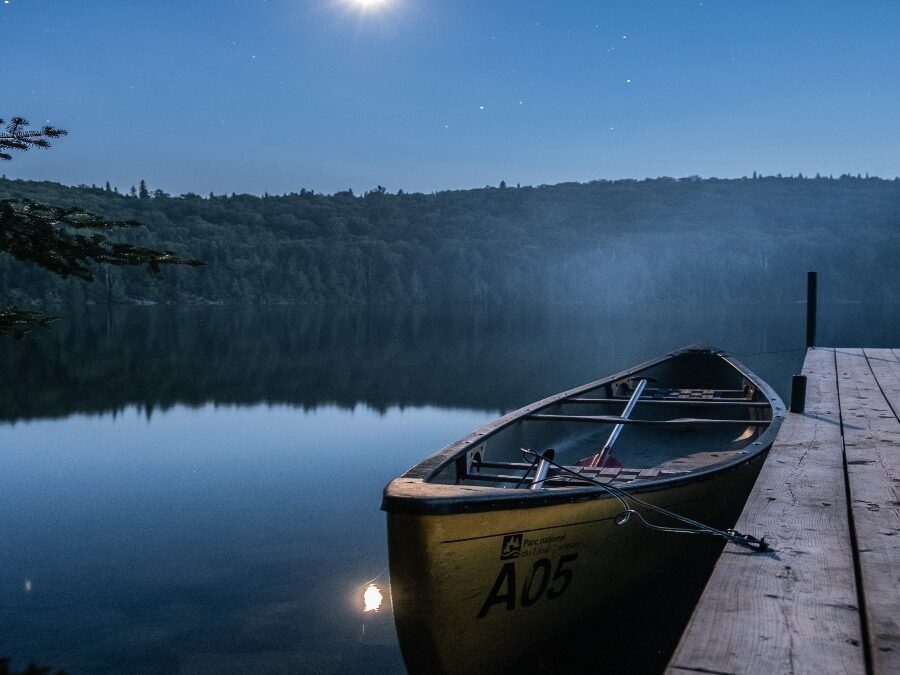
by David Byron Queen | Apr 19, 2021 | flash fiction
Our father knows all about fishing, but he doesn’t do it anymore. He doesn’t do a lot of things anymore. He used to be real good. About once a year when we were young, he used to drive his old red station wagon all the way down to Kentucky to fish in a competition. Sometimes he’d come back with a trophy or a ribbon, but one time he came back with nothing—just bulging veins, and eyes like an owl. Our mother didn’t speak to him again then for months, and the times she did her voice was soft and raw. He didn’t drive back down after that.
It is fall.
Each night our father walks to the edge of the property. Our father often goes out there to sit and look at the lake. He says, it’s calm out there. He says, he goes out there to get to a nice blue place. We don’t know what he’s talking about. Our mother hates it when he talks like this. She says, our father’s full of it. She says, why oh why does it have to be like this?
One night, we go outside to find our father. He’s not in his usual spot. We walk around, calling his name. Soon we find him on his back in the dirt. We get up real close. Blood pushes thick along his veins, and every once in a while he coughs and rolls over. We sit with our father, watching his breath roll, until the sun goes down and our mother’s calling us inside.
So we listen, go inside, say our prayers, get to bed. Kidding. We don’t do anything like that. We don’t even think anything like that. Instead, we stay with our father.
Our father wakes, spits dirt out of his mouth.
The thin evening light begins to empty across the yard. In the light, he doesn’t resemble our father at all—his features stretched, worn.
He says, let’s go fishing. Our hearts. Our hearts. The joy shooting through our limbs. Punching holes in our chests. None of us move. Breathe. It’s all we’ve ever wanted.
He takes us out on the boat, helps us bait our lines. He guides our hands, and shows us how to cast. We sit and wait. We reel in our worms and cast them out again. Our legs start twitching and moving. We don’t want to wait, but our father says the waiting is the best part. He says, it’s even better than catching a fish, but we think it’s probably just another thing he says. He says, your mind gets to a nice blue place and you can think about a lot of different things—how there’s things you can’t even see swimming in the water along with the fish. Organisms. And how smaller than that there are more things, harder to see.
“How do you know they are there if you can’t see them?” we ask.
“I don’t know,” our father says. “Just do.”
We spot a fish then, gliding under the water. A big dark shape—a blackish non-space against the blue glow of dusk. Pike, we’re told. Its fins thrust gently against the water on either side, propelling it forward. Each stroke shatters the lake’s soft mirror of light. The dark shape bobs under the water. All course and scaly edges. Eyes like hard black gleaming marbles. It nips suddenly at the dangling worm and our line goes tight. We cry out and it begins to swim away, zipping off into the dark of the water. Pull, our father says, pull! But we don’t listen. The line keeps feeding out and gets tangled somehow in the water below. All of us shift forward to see it. The next thing we know the boat has tipped over. We are in the lake. Cold water rushes up and all around us. We thrash and gasp. Sharp motors of elbows and knees churn in the murky water; it stings our eyes and fills our throats and noses, and when we press our eyes shut tight there are gentle floaters clicking about that look like tiny, neon skeletons.
We feel a sweep around us and then we’re back out of the water. Our father holds us in his arms, pulls us to solid ground. We are soaked and our clothes are heavy. Our shoes are missing. The grass is cold and mushy around our toes. Everything is still.
When we turn, the boat is gone. The poles and everything gone. All gone.
We huddle together, hide inside the warmth of our bodies. We tell each other we love each other; it’s all we can think to say in this moment: this love we have for one another, and the possibility of this love—of any love—having an end is too painful to hold inside our heads.
The sky changes. It isn’t dark or light—something in between.
We sit on the shore until our mother finds us. She doesn’t say anything, sits right down. Together we cup our hands and lower them into the water, bring it to our faces.
We don’t think about the things of that water.
We don’t think about the things we cannot see.
We think about the freshness of that water, and the chill that it leaves.
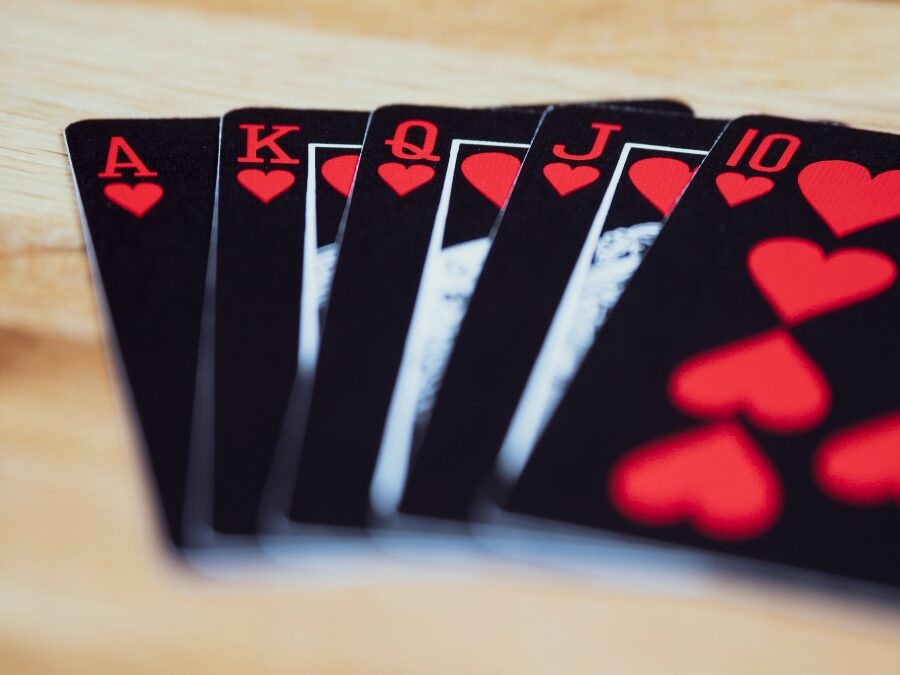
by Myna Chang | Apr 15, 2021 | micro
May 18, 1973
Sedan, New Mexico
Smoke hugs the flare of Momma’s nostrils. “Why don’t you ever follow the rules?”
The last ember of her Virginia Slim glows stubborn, even after she’s ground it into the ashtray.
I sit criss-cross on the floor, hold my breath against the menthol sting, crooked rows of cards layered in front of me. I’ve played the six of hearts on the seven of diamonds.
“You’re not supposed to play red on red.” She looks away, glares at the clock. Daddy’s later than usual for his every-other-weekend.
I soak in the grey light of the television. Watergate men bluster where Gilligan’s Island ought to be.
Momma’s friend Alva Jane pulls up outside. Her El Camino always whines like something’s wrong, deep inside, but she keeps driving it anyway.
The paisley of Momma’s bikini peeks out of her purse as she leaves. County pool won’t open until next week; the Oasis Motel pool is for paying guests only, but the chain-link is loose enough on the east side to slip through. She lets the screen door bang shut behind her.
The old men on TV scold. I thumb my cards, consider my options. Lay my five of diamonds right on top of the six of hearts.

by Molly Reid | Apr 12, 2021 | contest winner, micro
The baker’s skin, burnished from the heat of very hot ovens, is soft but taut. The taxidermist likes to pretend when she’s fondling the baker that she’s fondling an hourglass. The hourglass. What determines the duration of all activities, provides a semblance of order and congruity and meaning. God’s hourglass.
“You smell like sugar,” the taxidermist says, nuzzling the baker’s neck.
“You smell like death,” the baker says.
The baker’s secret is this: she loves this smell. Sometimes, when the taxidermist isn’t paying attention, she scrapes her fingernail—lightly, lightly—underneath the taxidermist’s fingernail. What she finds there she keeps in a small tin originally intended for cigarettes embossed with a cheeky pinup girl. When the taxidermist is gone, the baker takes the tin from her apron and brings it to her face and breathes. Only then can she really see the taxidermist, in a way she can’t when the taxidermist is right in front of her. The claw and snout of her, the blood-tongue-sweat of her.
“Here,” the taxidermist says, her mouth to the baker’s ear, “you taste like salted caramel.”
The taxidermist’s secret is this: her mother is dying. Brain tumor. The doctors say she has at most five weeks to live. She doesn’t tell the baker because she doesn’t want their moments to be corrupted. She needs this, these God moments, these sacred sands of the hourglass, in order to deal with the other moments. Her mother transformed into a bloated and incoherent version of herself. When she grips the taxidermist without understanding who she is. That kind of love: without recognition, a blind animal reaching—terrible, terrible.
“I made you something,” the baker says. She uncovers a small yellow cake. Delicate curls of toasted coconut atop snow-white frosting. So perfect and pretty the taxidermist wants to cry.
“I made you something too,” the taxidermist says. She unzips her backpack and pulls out a bundle, unwraps an immortal European starling. Iridescence licks the speckled oily wing. Beak angled to suggest wisdom and romance. It makes the baker salivate.
“Shall we begin?” the baker asks. The taxidermist nods.
And they do. They begin and begin and begin, turning the hourglass end over end, finding a new way to create and destroy, consume and be consumed, their mouths, their ravenous mouths, full of sugar and feathers and flesh—the only plausible way into love.

by Ruth LeFaive | Apr 8, 2021 | contest winner, micro
Five of us dodge the storm in Tammy DeLuca’s bedroom, even Kevin, who stays dressed. One at a time, we lie back, spread-legged and flustered, approximating grit. Here, Tammy directs a ray of light between Maggie’s legs, is the birth canal. We see only skin and the wand Tammy won from the county fair, its star-shaped tip poking and prodding. Torrents of rain pound the window while we each take turns with the flashlight, the wand, the spreading, the telling: Tammy’s mom ripped open; Sari’s was sewn up; Kiesha’s auntie died, her baby cousin, too; Maggie arrived under water; Kevin’s stepsister took classes, huffed hoos and hees like on TV with nurses counting centimeters, snapping, Push, push.
We’ll bleed, Tammy says. More than last week.
She’s talking about the bus stop, about her flitting imitation of Wonder Woman. How she leapt to deflect an invisible force and smacked into the curb, busting her knee so bad we could barely look. With a glistening rush of blood down her white shin, the five of us went from being ordinary kids on Pinewood Drive to an unnamed club, a coven, a gaggle, rapt. Tammy bragged that her mom had heated a needle and pointed to the sewing box. Choose a color, Mrs. DeLuca said. And Tammy chose three. We saw the brave proof: snarled red, white and blue spiking from the thin gash under her bandage. Little scabby knots we’d follow anywhere.
We stuff our shirts when the thunder quiets. Sari and Kevin with throw pillows. Tammy: rag doll. Keisha: beach towel. Maggie: knapsack. Hands on jutted bellies, we head to the construction site behind Keisha’s yard, to the basement-sized dirt hole that used to be forest. The digger’s yellow claw, still dripping rain, is big enough to cradle us one by one, but we’ve come for the shallow pond the deluge created, for the tadpole of a house—this not-yet place flooded brown. Tammy wades in first, reports the bottom spongy and flops down laughing. When her contractions start, she squats, her bandage gone, her stitches muddy over the water’s surface. She pants and grunts, toiling brilliantly. We splash in around her, invigorated. The silt between our toes cold as sky, clean as we will ever be, braced for what will come.
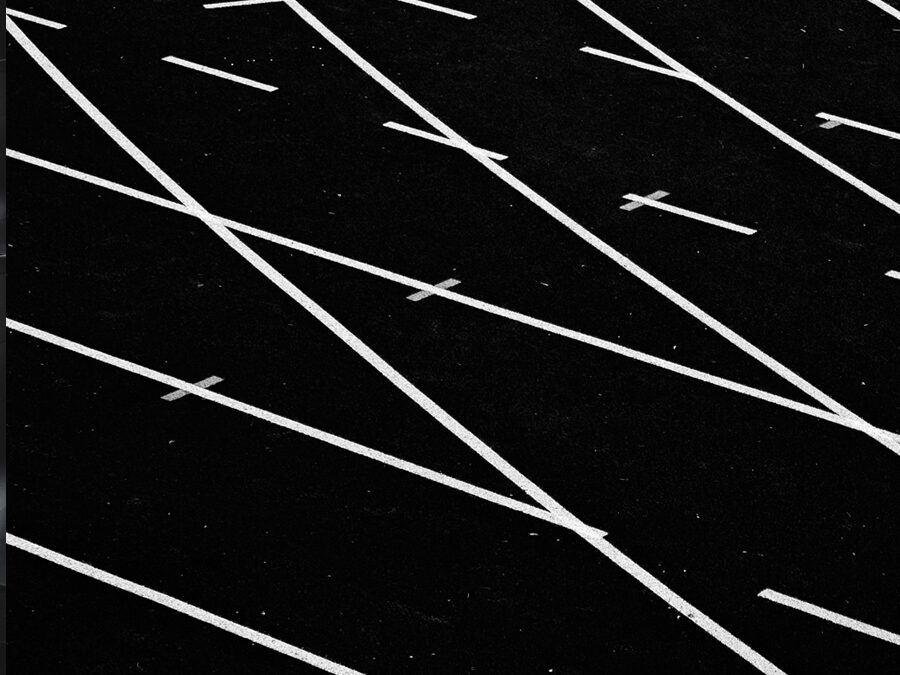
by Deirdre Danklin | Apr 7, 2021 | news
Prisms
In my MFA workshops, sometimes, when something felt clunky or not-quite-right, someone would say, “is this just a device?” and my first thought would be: everything is a device. Life is a device. The key is hiding it.
When writing, we have to use tricks without seeming to. Devices that feel natural, like the device of life. I like to think of these kinds of “devices” as prisms. They’re the things we hold up to the light to catch the story. If held at the right angle, they’re invisible.
In “Rotting Mangoes” by Hema Nataraju, published in Wigleaf, the story is told through the most dreaded prism: the dream. Dreams were hotly contested in my workshop experience because they are the most visible of devices. In a dream, the reader can see all the strings. But we really dream! The counter-argument cried, drowned out by the concerned murmurings of grad students around an oak table. I like dreams. Sometimes, other people’s strings are a fascinating sight. The story begins, “I dream that my sister is dead. Her body is on a wooden pallet, covered in the white and pink bedspread she and I sleep on. She should have been studying for her calculus test instead of dying. Now she won’t get into Engineering and Baba will get a heart-attack.” Through this prism, we already know the greatest fears that our speaker has. Four sentences, and everything important has been dragged out into the sun. We also know that there’s no way to avoid the loss and disappointment. We feel a kind of anticipatory dread for the young narrator whose dreams tell her that, one day, everyone leaves. The sister in this story is already sneaking out at night with an older boy on a motorbike. Change, like the scent of rotting mangoes, is in the air.
“Under the Cherry Tree” by Minyoung Lee, published in Cheap Pop uses the poem “Azaleas” by Kim Sowol as its prism. The original poem is written from the perspective of a man who sends his lover away. The original poem reads:
Azaleas
When you turn away from seeing me
and go,
gently, without a word, I shall send you away.
From Mount Yak in Yongbyon,
azaleas
I shall gather an armful and scatter them on your way.
Step after step away
on those flowers placed
before you, press deep, step lightly, and go
When you turn away from seeing me
and go,
thought I die, no, not a single tear shall fall.
Lee flips this poem’s perspective and tells it from the woman’s point of view. She is a lover forced to walk over azalea petals, a metaphor flung at her feet by the man who jilted her. Lee writes, “The crunch of the frozen soil underneath as I sink into the earth, my femur mashing against my joints. I lean into the ball of my foot, until I feel the capillaries of the petal disintegrate, the cells holding onto one another minced into pulp.” Lee grounds the airy wistfulness of the original poem in the body of the walking woman – down to her bones. Far from stepping “lightly” as she is bidden, Lee’s speaker crushes the azaleas underfoot. Through this prism we see what gets left unsaid when men write poems of women walking away. I love retellings of this sort, from the many novels I’ve read written from the perspective of the women of Troy to Wide Sargasso Sea giving voice to Rochester’s captive wife. There is something transgressive and just about flipping an established narrative to give the voiceless their say.
Finally, “The Old Baby” by Elizabeth Crowder, published in Smokelong Quarterly, uses an event as a prism for the story’s action and meaning. Before the story begins, a baby has died. Through the baby’s death, everything else is filtered. Crowder’s narrator says, “This time, I rub my wife’s swelling feet and kiss her distended belly. This time, when her water breaks, I’m right there, clasping her clammy palms between mine. This time, when the other woman texts: tell me what you want to do to me, I say: fuck you.” We know that last time, the time the baby died, the narrator wasn’t there, didn’t clasp any clammy palms, was probably away, in some other bed with another woman. This guilt runs through the piece, reflected and magnified by the prism of the old baby’s death. This prism feels true to life because, as readers, we’ve all experienced something that changed us. There is a “before” and an “after” in everyone’s lives – usually more than one – life’s prisms that change how we see everything. That’s why Crowder’s ending is so poignant. After the wife’s minivan “is found belly up in the lake,” the narrator writes, “I try to remember my wife as she was, before the old baby, before the other woman, before me. Soft. Smiling. Sipping unsweetened Earl Grey from a chipped mug she inherited from her favorite grandma,” but we know there’s no going back. This kind of prism is effective because of how close it is to life. It’s almost string-less, seamless, in its quiet devastation.
In my own writing, the first thing I consider is the prism. Once I’ve chosen the angles of the piece, the way its light refracts, the shadows and rainbows it throws up on the wall, then the characters and metaphors can rise up and play. It’s up to the writer to decide if the lights will catch the strings of story.
Links to the stories:
“Rotting Mangoes” –
“Under the Cherry Tree”
“The Old Baby”

by Tucker Leighty-Phillips | Apr 1, 2021 | contest winner, micro
over the parking lot of Aldi’s. They bustle to snag unattended shopping carts, return them to the carousel, accept the quarter deposit from the locking mechanism. They position themselves like athletes or secret service agents, waiting for an old blue-hair to leave her cart in the parking spot as she pulls out to head home. Last year, the pair land-battled over the roadside aluminum on Golley Road, where they both trash-bagged mountain dew cans to take to the Burp-E recycling center. Gavin’s Dad says Merle is trailer-park-trouble. Gavin’s family lives in a trailer park too, but a different one. Nicer, his dad claims. At least they don’t leave Christmas decorations up all year long. That’s tacky, his dad claims. Gavin and Merle’s parents work for the same call center, where they’re paid on commission and a complicated series of metrics. They both have a script they must adhere to, repeating the same sales pitches and assurances as their supervisor listens on their calls. Gavin and Merle fight in the Aldi’s parking lot, which upsets the balance of the business, because Aldi’s is kind of the pastoral grocery store; the quiet alternative to supercenters. Maybe now that boy will get a real job, Gavin’s dad claims. A week after the fight, an attendant is assigned to gather loose buggies, and they’re not allowed to keep the quarters.

by Thaisa Frank | Mar 29, 2021 | micro
I’m in Flamineo’s trailer when we hear the ringmaster yelling that the fire-eater left to marry his high school sweetheart. We’re in bed, pretending I’m a stranger in the audience and Flamineo’s guessing my name. The ringmaster must knock three times before we pick our way over Flamineo’s sorcerer’s hats and the snake costume I wore last night.
He didn’t even leave a fucking note, says the ringmaster. He just told the ceiling-walker he was going to Iowa.
He sits at the formica table and pours wine without asking.
Fuck high school sweethearts, he says. You’ll be a cobra for five more minutes to make up for his act.
I say I can’t manage five more minutes with my legs curled over my head.
Of course you can, he says.
But when Flamineo starts lifting him by the wrists, the ringmaster pulls away, blows his nose and says he’ll fill the time himself.
After he leaves, Flamineo says the fire-eater made a good bargain, trading fire for love. I remind him the fire-eater said that swallowing fire is like swallowing a comet and he’s sure to trade love for fire again. Flamineo says I’m just saying that to make him feel better because the fire-eater was lucky enough to have a high school sweetheart.
I remind him that all the women in the circus want him, but he kicks me with his heel and says he doesn’t want to be with someone who loves him because he can read minds, lift weights twice his size, and recite Hamlet backwards. He wants someone who loved him in high school before all that. But he ran away to be a circus freak and he’s nothing but a four-foot pill bug. He wraps himself in the quilt and won’t talk.
Flamineo isn’t a pill bug. When he introduces his act he’s a flaming tumbleweed. All the women in the circus want him and we never know whom he’ll sleep with next. Once he read that microbes were 90% of the human body and said he’d drink a bottle of antiseptic and be 100% himself–larger than any of us, who are only 10%. We took turns keeping watch until he said he was joking.
Eventually, Flamineo faces me and once more pretends he’s guessing my name. He guesses three times before he gets it right. It’s thrilling to be forgotten and remembered.
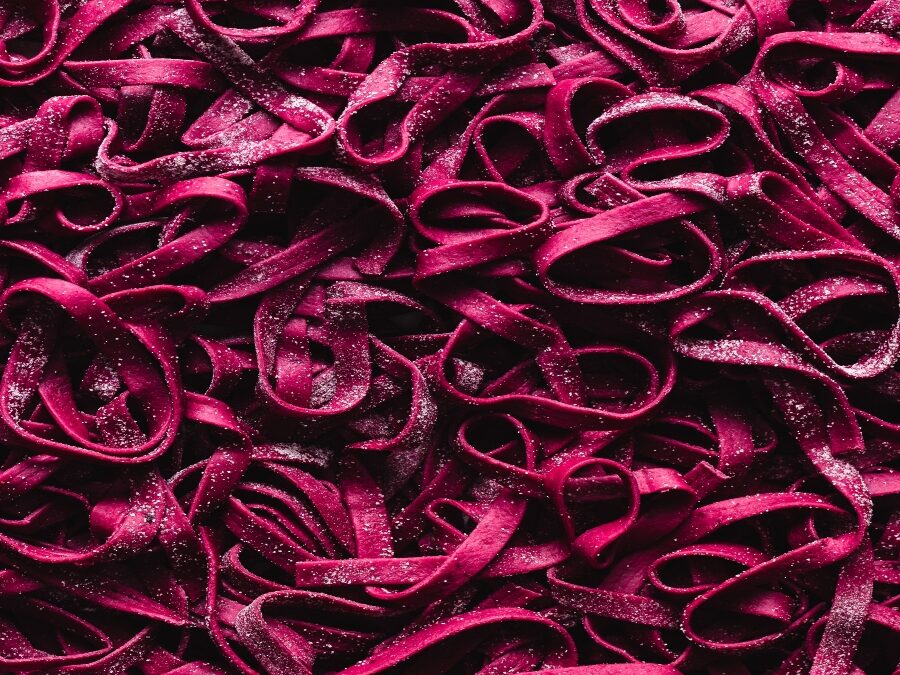
by Kathryn Phelan | Mar 26, 2021 | micro
The sugar beet factory across the street from my house exploded when I was eight. It flamed out in a blue blaze of molasses that lifted cars a mile away. This was panhandle Nebraska and such events were extraordinary: seven silos down, the eighth held erect by the sugar it still contained. My sisters and I ran outside and licked sweetness off the wooden deck, the trampoline, the grass. We could not believe our luck. The harvest was ruined but dessert was everywhere. My parents stood at the fence and watched us grow sticky with sugar dust, lobbing unconvincing protests about hygiene. It was the year they couldn’t hold themselves up, and neither could sugar and neither could we.
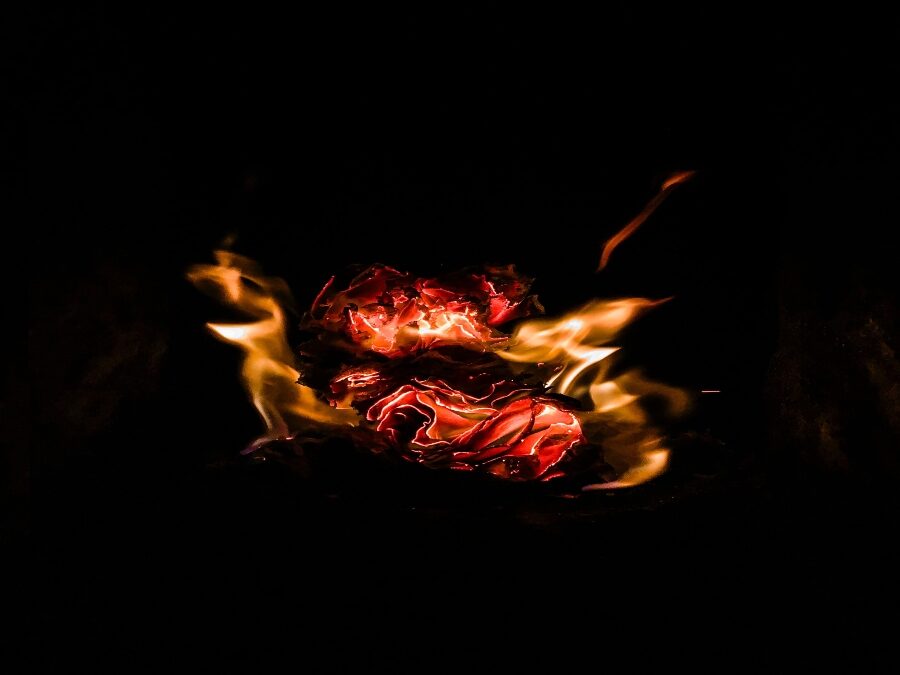
by Jamie Cooper | Mar 22, 2021 | micro
You stuff chunks of a frozen bird into your pockets. Outside, the world is spinning. A homeless man asks you for some change, so you hand him a headless bird. He holds it like a broken child. With the bird parts stuffed into your pockets, it almost feels like flying. You walk past a restaurant and see a man in a window eating a small bird, feathers and all. You walk into a store to buy a pack of gum, and you hand over three little bird heads with the beaks still attached. The clerk sweeps them up like change. He tells you that the summer is waiting for you.
You step outside onto a cold island. Birds wash up at your feet. You want to save as many as you can, but your pockets are already bogged down with frozen bird parts. You sit on a bench, and you try to piece together a bird from memory. Like the blind, you go by feel, until the bird takes shape in your hand. You sew the bird together with purple yarn. You start a fire in a trashcan to warm the bird.
The bird twitches in your hands. You feel the bones like toothpicks. It squawks to life, just a little at first, but soon it reaches an earsplitting pitch. It flaps its wings hysterically and pecks at your wrist until it draws blood. You throw the bird as hard as you can and lick the blood from your wrist. The bird bounces a few times and flaps until it gets its bearings and shoots off into the sky.
Warm from the fire, you lie down on the grass. You can feel other bird parts come to life in your pockets. You can see them move around under your clothes. The bird in the sky shoots off toward the moon. It flies so fast its wings melt as it leaves the atmosphere. It flies past the ice on Europa. Soon it will fly past the Sun. Soon it is no more than the memory of a broken bird you once kept in your pocket as you walked the streets of a small cold planet, littered with bones.











Recent Comments